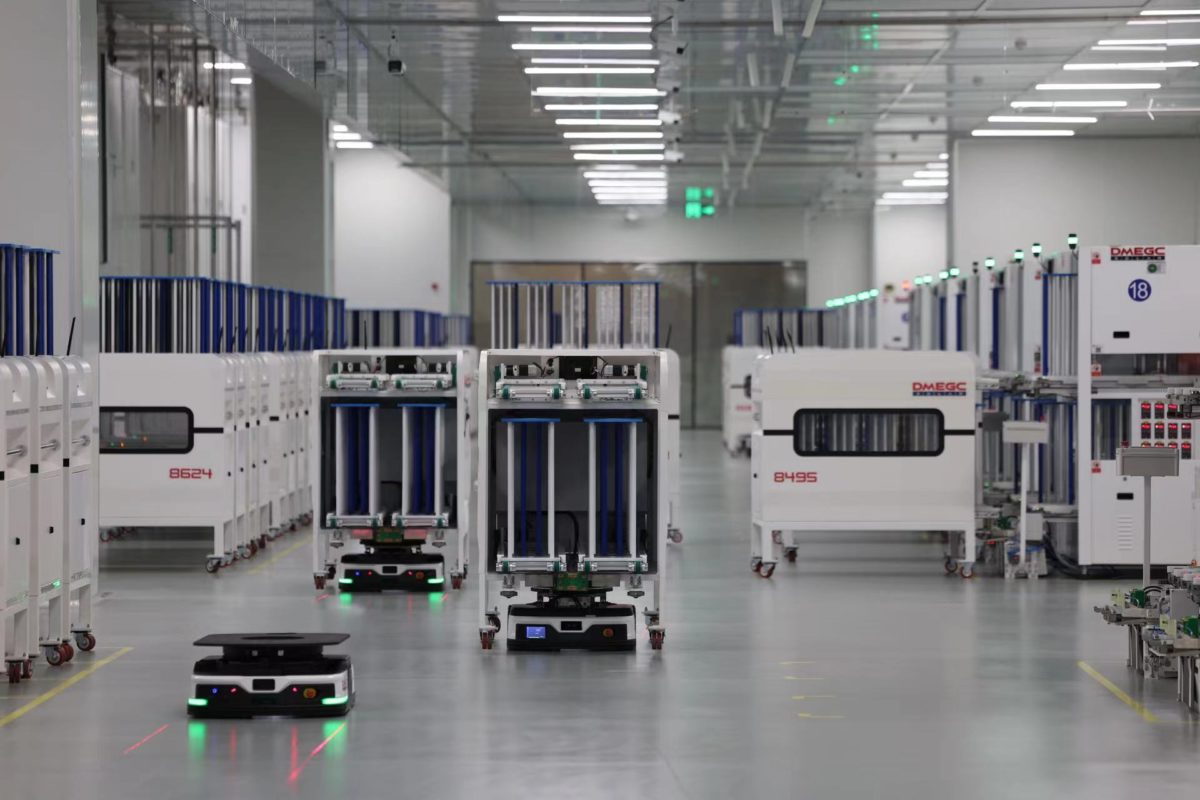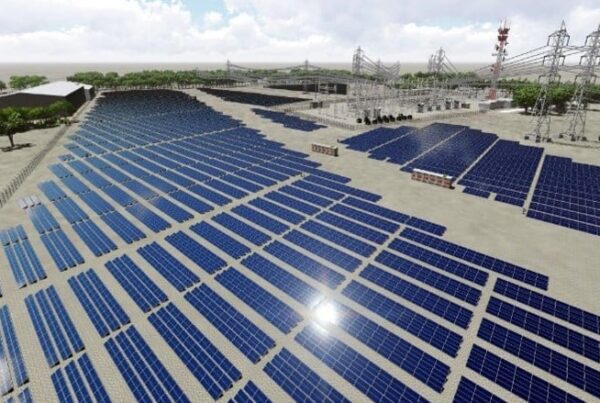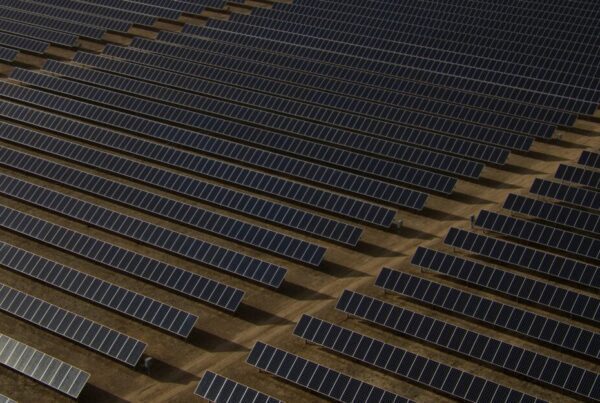
The news follows growing interest in minimising the carbon emissions of the solar panel production process, with NexWafe CEO Davor Sutija writing for PV Tech earlier this year that: “shifting focus towards sustainability across the entire supply chain is essential”.
Figures from US firm Solaris Renewables found that, while solar panels produce far less carbon dioxide in the generation of electricity than fossil fuel sources, the average panel will need to be in operation for three years to offset the carbon dioxide produced during its construction, and reporting on, and minimising, these early-stage emissions will be crucial for the long-term environmental health of the sector.
This is not DMEGC Solar’s first positive accreditation, with the company receiving a laboratory competence accreditation from TÜV Rheinland last month, and stress test certifications from the same company last year.
This work follows that of several other solar manufacturers, with many companies keen to improve the environmental performance of their products. Earlier this year, US safety verifier UL Solutions awarded its ‘Carbon Footprint of Products Verification’ to fellow Chinese solar manufacturer Trina Solar for its Vertex series of modules.





